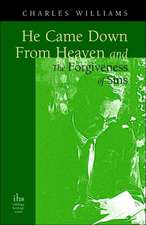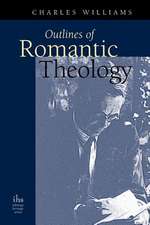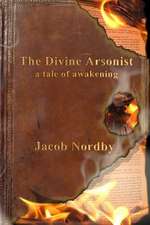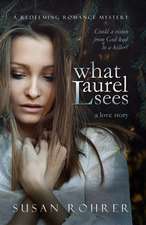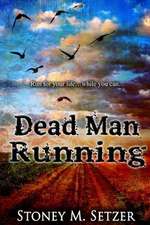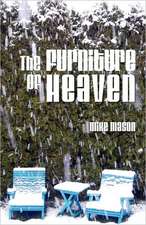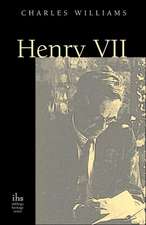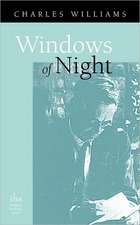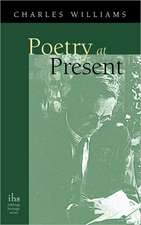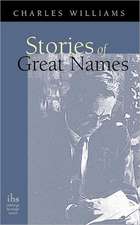All Hallows' Eve
Autor Charles Williamsen Limba Engleză Paperback – 31 mai 2016
| Toate formatele și edițiile | Preț | Express |
|---|---|---|
| Paperback (5) | 107.42 lei 6-8 săpt. | |
| Bibliotech Press – 9 ian 2023 | 107.42 lei 6-8 săpt. | |
| Regent College Publishing – 31 oct 2002 | 109.10 lei 6-8 săpt. | |
| White Press – 16 apr 2019 | 118.88 lei 6-8 săpt. | |
| Apocryphile Press – 31 ian 2018 | 159.60 lei 38-44 zile | |
| Wipf and Stock – 31 mai 2016 | 189.13 lei 38-44 zile | |
| Hardback (2) | 181.77 lei 6-8 săpt. | |
| Apocryphile Press – 15 dec 2021 | 181.77 lei 6-8 săpt. | |
| Bibliotech Press – 9 ian 2023 | 191.45 lei 6-8 săpt. |
Preț: 189.13 lei
Nou
Puncte Express: 284
Preț estimativ în valută:
36.19€ • 39.30$ • 30.40£
36.19€ • 39.30$ • 30.40£
Carte tipărită la comandă
Livrare economică 18-24 aprilie
Preluare comenzi: 021 569.72.76
Specificații
ISBN-13: 9781498294911
ISBN-10: 149829491X
Pagini: 292
Dimensiuni: 127 x 203 x 15 mm
Greutate: 0.29 kg
Editura: Wipf and Stock
ISBN-10: 149829491X
Pagini: 292
Dimensiuni: 127 x 203 x 15 mm
Greutate: 0.29 kg
Editura: Wipf and Stock
Notă biografică
Author and scholar Charles Williams (1886-1945) joined, in 1908, the staff of the Oxford University Press, the publishing house in which he worked for the rest of his life. Throughout these years, poetry, novels, plays, biographies, history, literary criticism, and theology poured from his pen. At the beginning of the Second World War the publishing house was evacuated to Oxford where, in addition to his own writing and his editorial work for the Press, he taught in the University.


